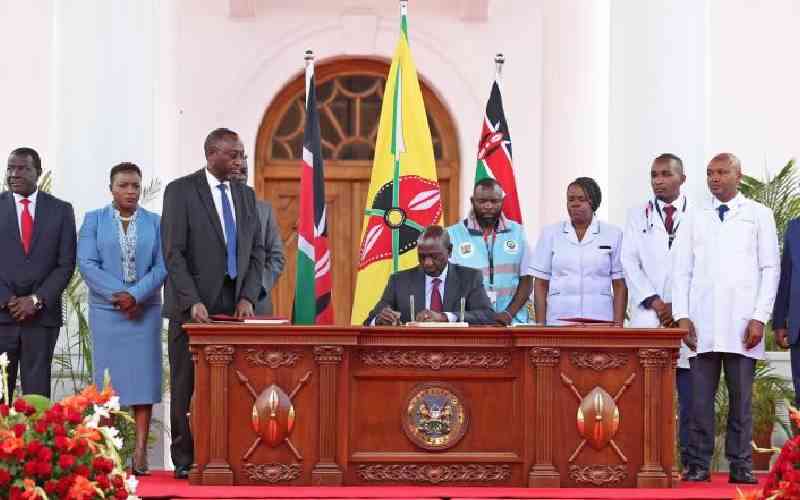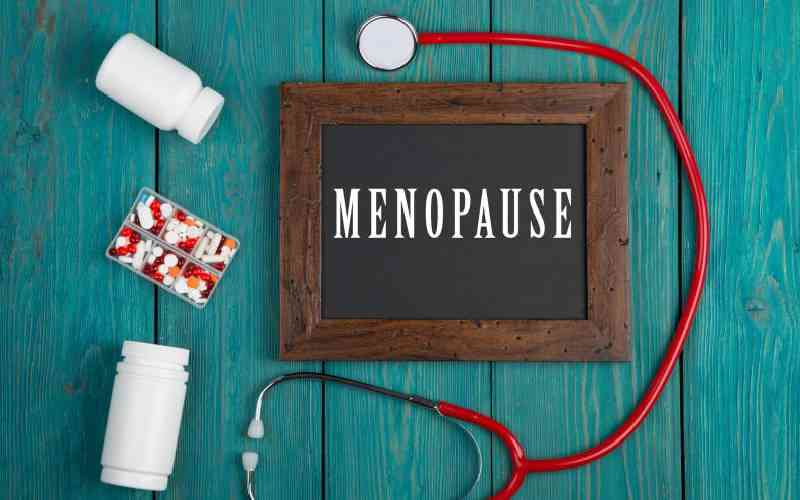
Kenya today rolls out the ambitious Universal Health Coverage (UHC) programme that seeks to ensure affordable health care for all.
President William Ruto will launch UHC during Mashujaa Day celebrations in Kericho.
Since independence, Kenya has had a challenging task of delivering healthcare for citizens but the road to its implementation has been slippery.
Facts First
Unlock bold, fearless reporting, exclusive stories, investigations, and in-depth analysis with The Standard INSiDER subscription.
Already have an account? Login
 The Standard Group Plc is a multi-media organization with investments in media
platforms spanning newspaper print
operations, television, radio broadcasting, digital and online services. The
Standard Group is recognized as a
leading multi-media house in Kenya with a key influence in matters of national
and international interest.
The Standard Group Plc is a multi-media organization with investments in media
platforms spanning newspaper print
operations, television, radio broadcasting, digital and online services. The
Standard Group is recognized as a
leading multi-media house in Kenya with a key influence in matters of national
and international interest.











